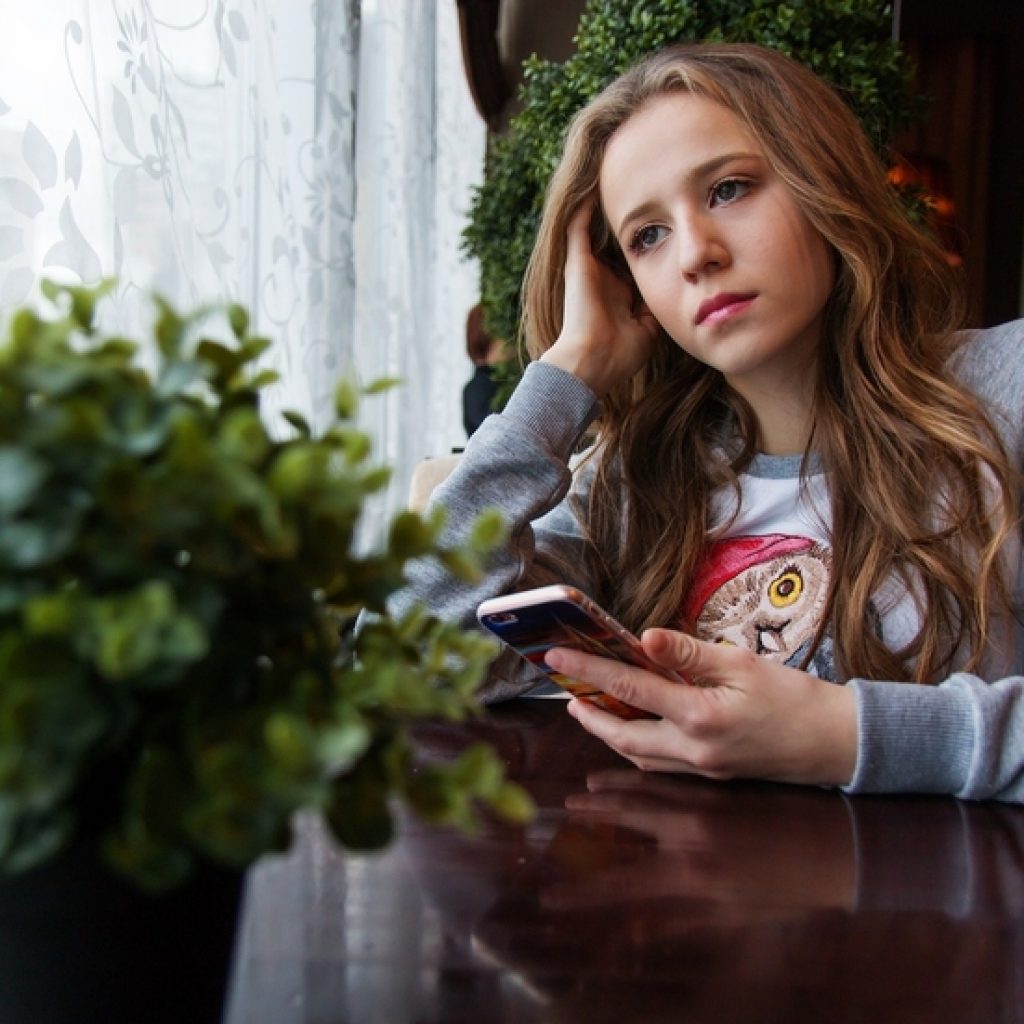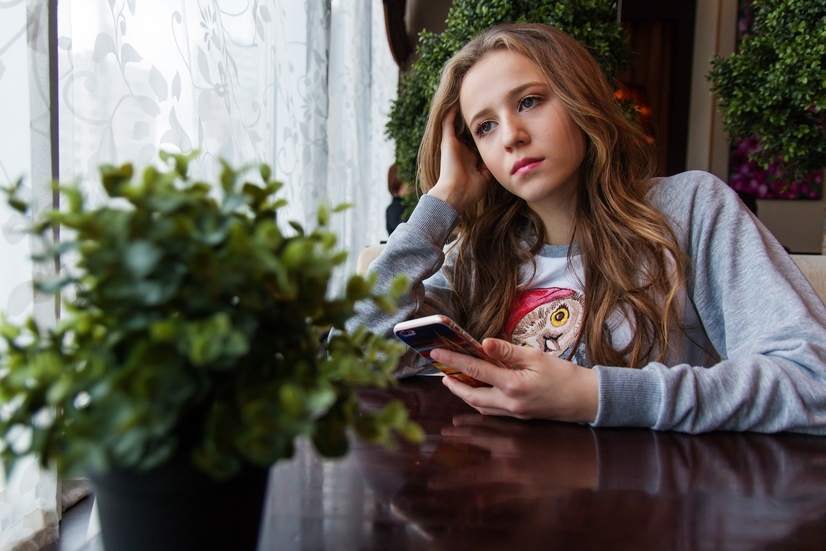
“It’s exciting, we won’t have to go to school!”
“My mum’s really worried, it’s all she ever talks about.”
“Dads work just closed, has he lost his job?”
“Will anyone come to my birthday party?”
“There’s no food in the shops, what are we going to eat?”
“I heard someone say even the hospitals are going to close, are we going to die?”
“It’s kind of fun and also scary at the same time. None of the adults seem to know what’s happening, even the doctors, and the government keeps changing its mind.”
There’s a feeling of emergency in the air. Our children are excited, anxious, confused and over-informed. Maybe we are too. And that’s okay, as long as we take our fear to other adults and don’t immerse our children in a sea of anxious conversations. Even if your children are too young for social media and your radio and television are switched off, they’ll still be picking up on however you’re feeling (they’re programmed to for their survival). And if your children are older, they might be riding the adrenaline high of obsessively checking their feeds and might not be able to discern what is true and what is sensational panic. Besides children don’t have the filters we do, they tend to believe everything and often don’t know how to rein in their frightening thoughts.
It’s a good time to teach our children:
| How to calm ourselves | |
|---|---|
| How to assess what information to trust | |
| How to take really good care of our health, when we’re well and when we feel poorly |
What great life lessons for you to pass on
How do you calm yourself?
We need to do this for ourselves first, so we don’t leak fear, and can then pass onto our children tools to calm themselves. You know how to do this, we just sometimes forget in times of stress.
Let’s share what we know. Please add your suggestions in the comments below…
eg audio books, warm bath, talking about worries, listening to music, baking, breathing out slowly, doodling, connecting with friends…
How do you assess what information to trust?
Talk to your children about how we decide if something we hear or read is true.
How do we take really good care of our health?
Now here’s the point of all those biology lessons! Discuss what boosts our immune system: sleep, exercise, fresh air, good food, plenty of water, fun, friends, family… what else?
And explain that a high temperature is a sign of your body working well, heating up to destroy the virus. Feeling tired is your body’s call to rest so you can give all your energy to healing. Help your children not to feel scared of the symptoms but to understand that it’s the body doing its job of getting better.
Watch Kim’s video: What to say to our children about the coronavirus – three tips for parents.
